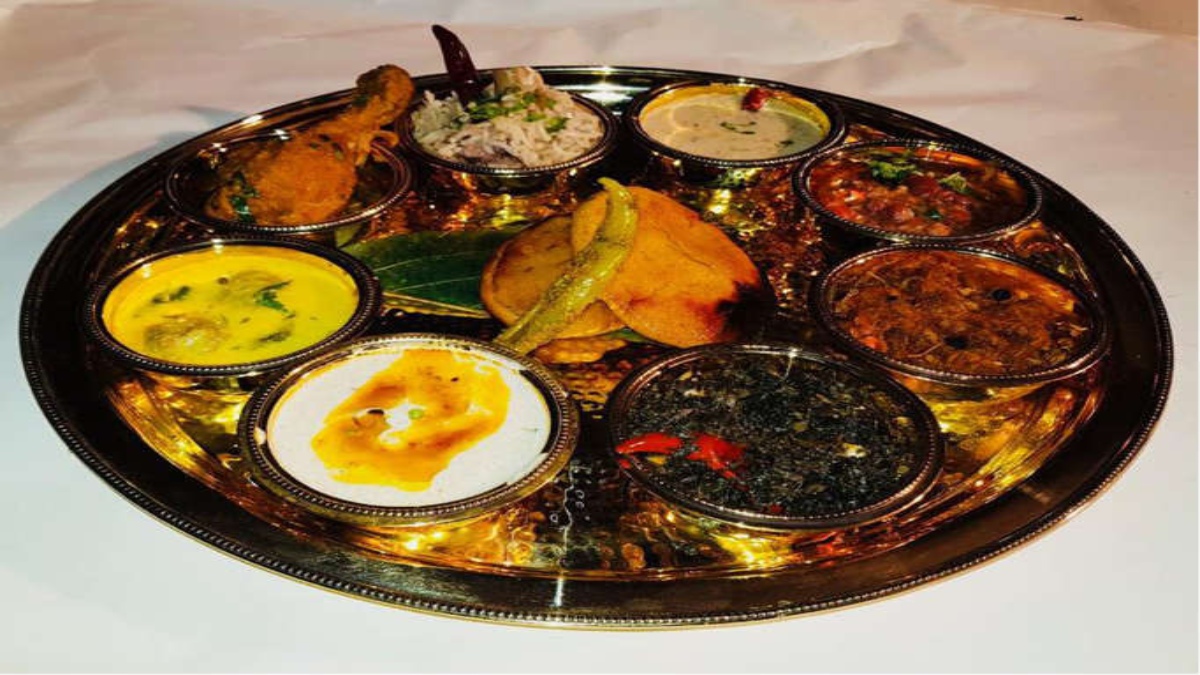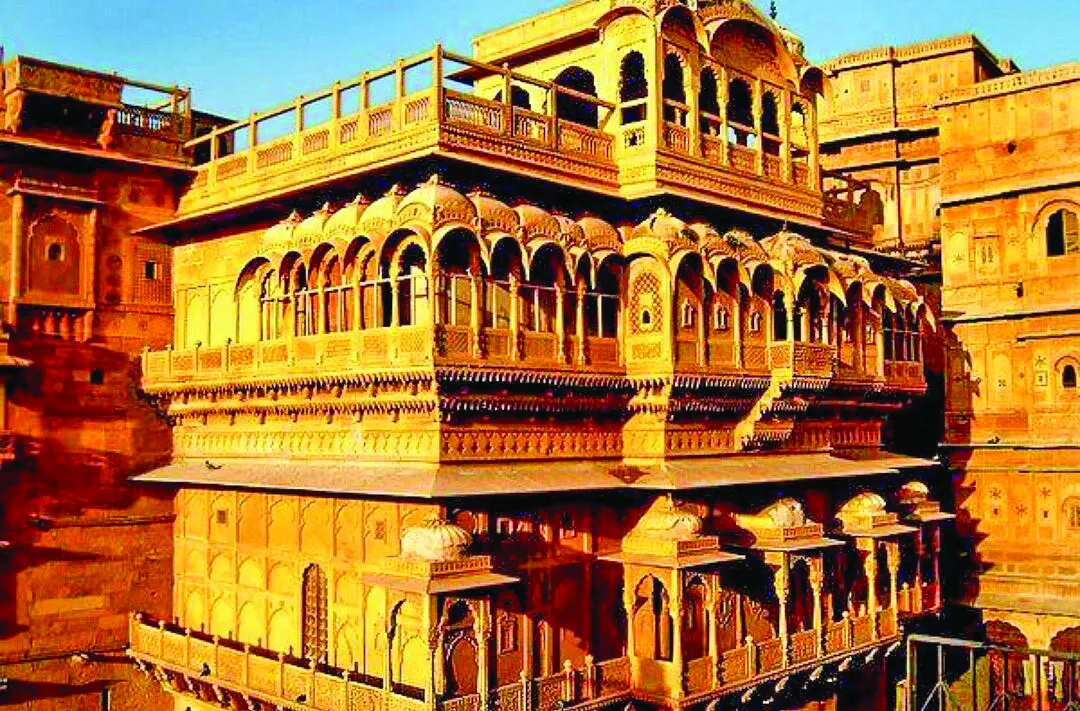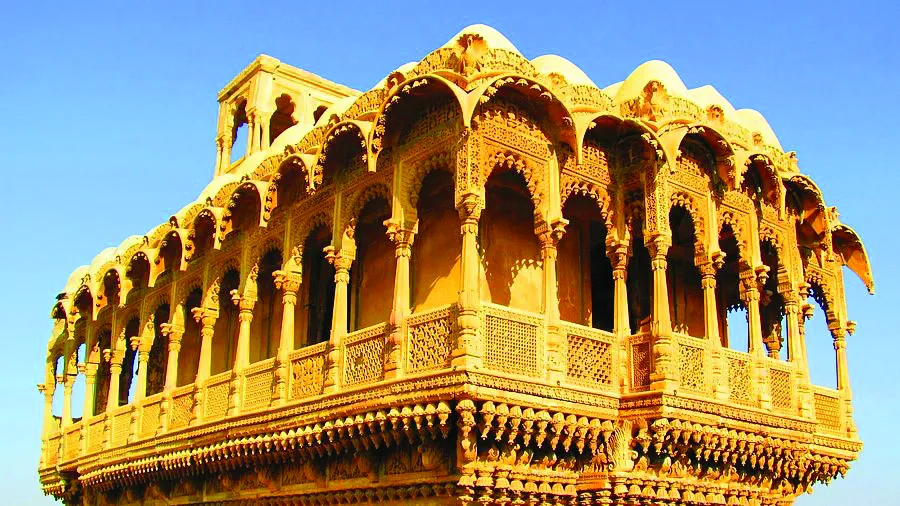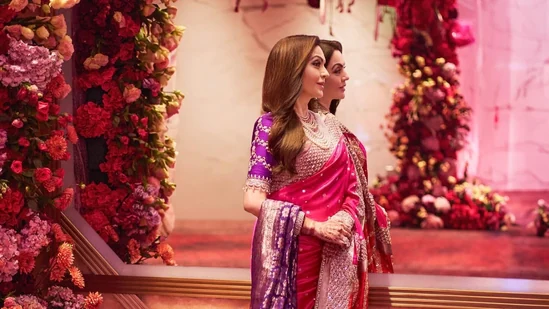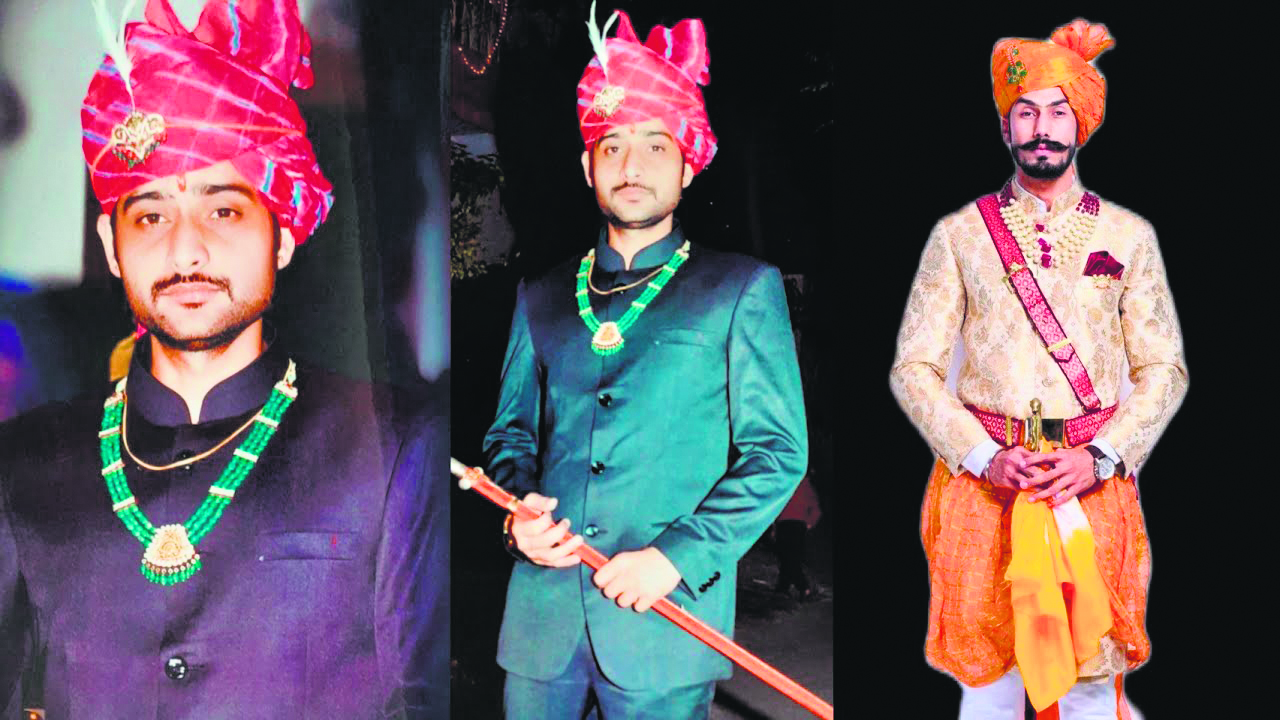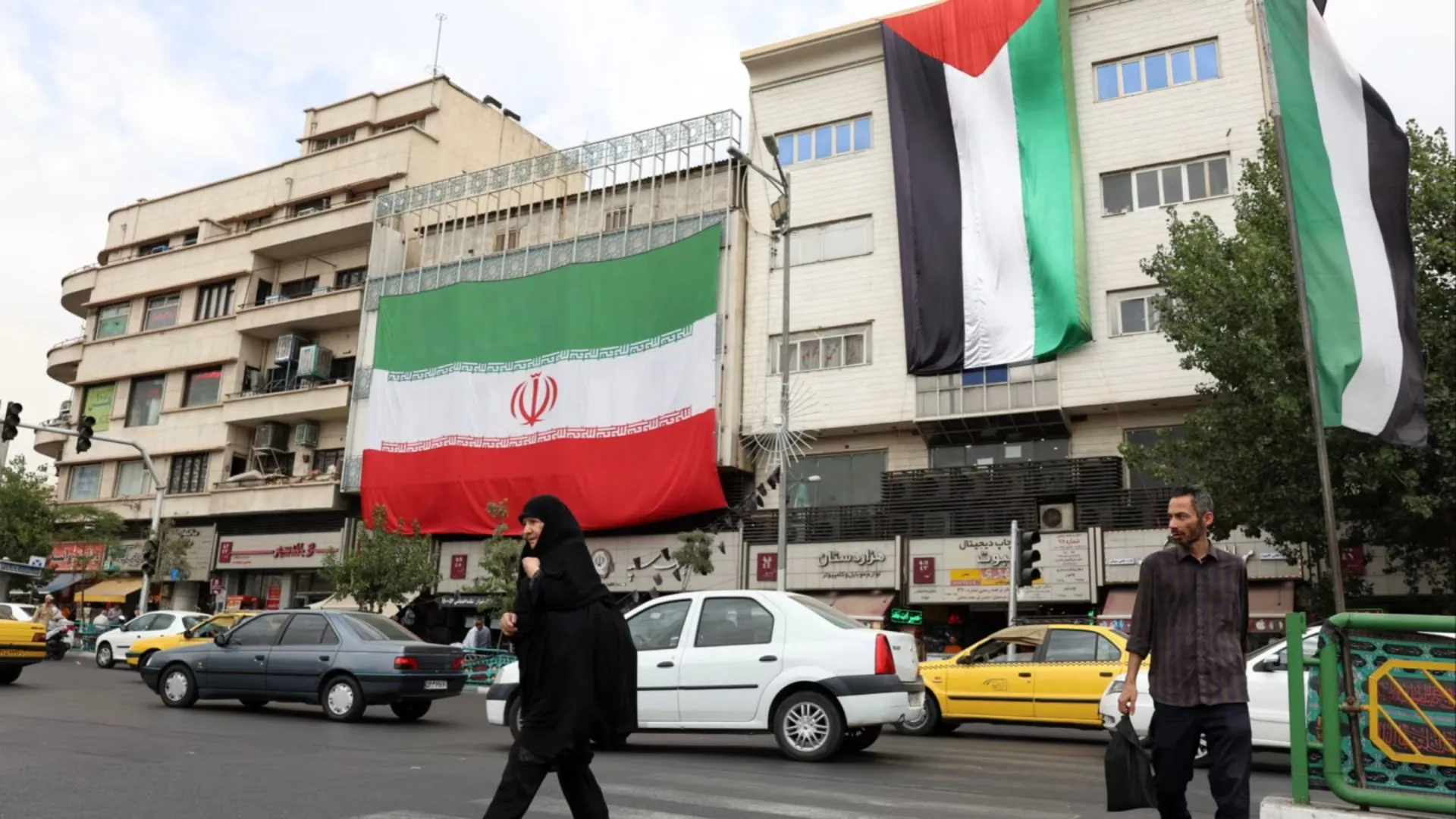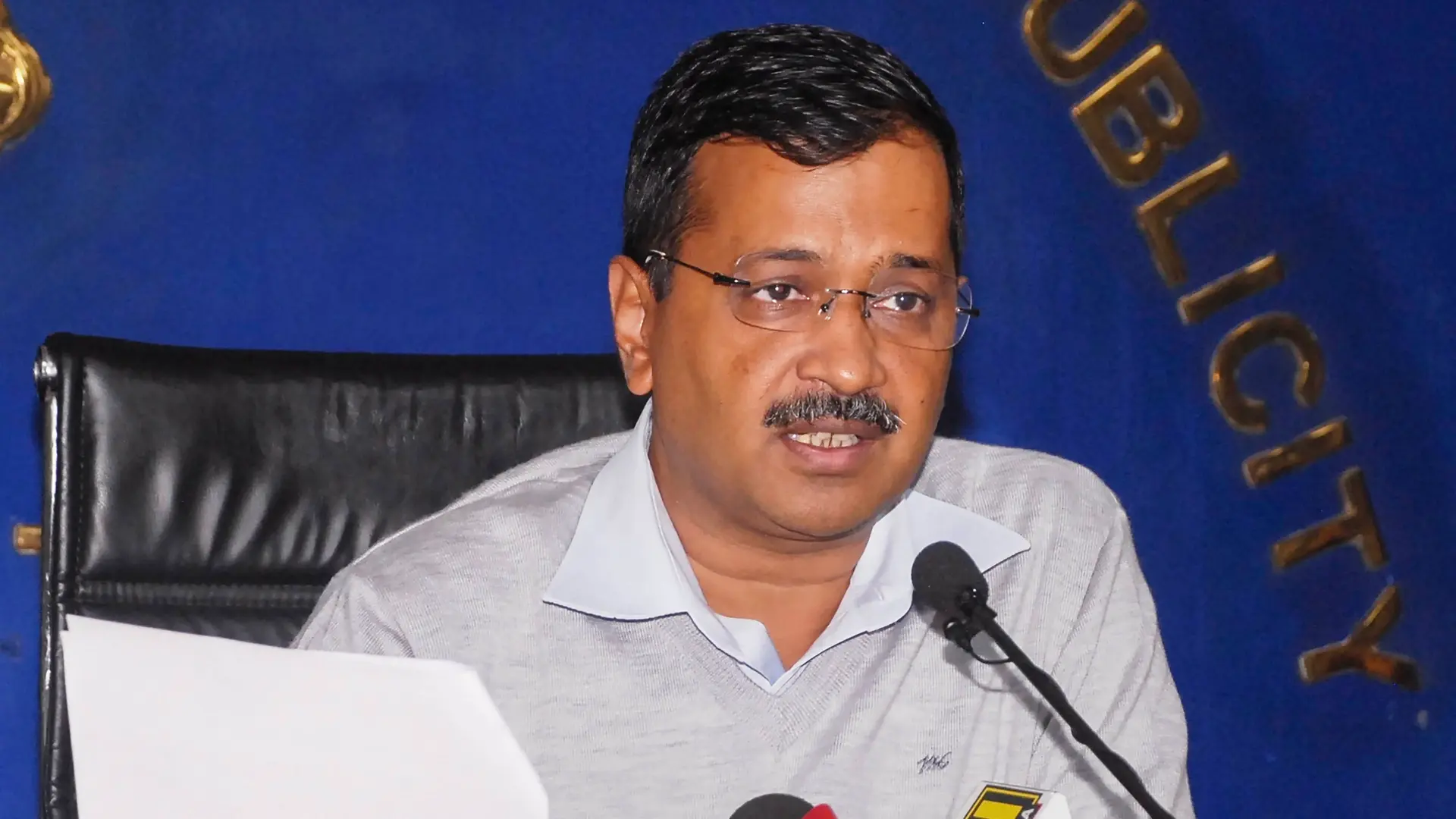NEW DELHI: It is a unique partnership that has brought two cousins and best friends together to work on, showcase and promote royal cuisine that amplifies their common love for food. Kunwarani Vijaya Singh, a princess of Jhabua married into Nahan in Himachal Pradesh, and Thakur Shivraj Singh of Limdi, Panchmahal are close family friends, second cousins and citizens of Indore, a city that is home to many Rajput families. The two get together to host curated dinners where they combine the star cuisines of both their families whose roots spread across the length and breadth of India, going right up to Nepal.



Vijaya, born in the tribal state of Jhabua, is married in Himachal and is highly inspired by her granny who was a Rana from Nepal. Shivraj, a Rathore from Limdi, combines the cuisine of Marwar with hints of Malwa cuisine. Hence, in their silver service thali sit-downs, you can relish a range of recipes, starting from Anda Saandko, a yogurt recipe from Nepal that Vijaya learnt from her grandmother, the Madra Rajma, a staple of Himachali Dham that is part of the family culture of her in-laws, the highly recommended Jungli Maas that her family in Jhabua cooks, and a host of breads made from all kinds of grains. Shivraj in turn is a master of Marwari cuisine—the Hara Maas, Ker Sangria, gatta curry, and his family’s version of the Laal Maas that he serves with batiya, a wafer-thin chapaati made from wheat and drenched in ghee.
“My granny was from Nepal. She was a dynamic cook and great at innovation. When I married into Nahan, I loved the taste of the local rajma and the way it was cooked with regional flavouring,” says Vijaya. Some of her favorites are the dhaniya murg, “to which we add coconut and green chilies just before serving”, anda sandko, a dahi-based recipe infused with a lot of herbs and spices, smoked dahi palak, where the leaves of spinach are smoked overnight over charcoal and Nepalese mutton korma. Vijaya lives between Chandigarh and Nahan’s Ranzor Palace, a stunning frescoed palace (“we had a battery of fresco artists from Mandwa work on the façade for over a year when we recently renovated this 300-year-old palace,” says Vijaya). Ranzor Palace has a touch of royalty embedded which you can feel while you are there. The palace is famous for its elaborate architectural style and regal ambience. The exceptional beauty and charm of this palace attracts Indian and foreign tourists to come see it. But she is just as close to her roots in Jhabua where, she says, “We learnt how to enjoy a full-blown tribal meal.”
Shivraj is a Rathore, a Rajput clan whose lineage is traced to Lord Rama, the mythical hero of the Hindu epic Ramayana, and to Surya, the sun god, through whom the Rathores derive the title of ‘Suryavanshi’. During a reign spanning over nine generations, the Rathore kingdom spread to various parts of Rajasthan and Gujarat. In 1636, Urgensinhji (of the ninth generation) won over the regions of the Panchmahal district and its surrounding areas. Limdi, a taluqdari in Panchmahal (Gujarat) has also been ruled by the Rathore dynasty. After the end of Muslim rule, the state of Limdi and the Panchmahal district came under the control of the Scindias of Gwalior state, from 1770 to 1818, after which it came under British rule. Post the treaty with the British on 12 December, 1860, Scindia exchanged the control of the Panchmahal district for a district in Jhansi. In 1869, the British declared Thakore Amarsinhji (the great great grandson of Th. Juharsinhji) as the official heir to the Limdi throne. “I belong to this lineage and am proud of being a Rathore,” says Shivraj.
A picturesque town bordering Gujarat, Limdi has a majestic Darbar Gadh at its heart. It is situated on the hill on the Western end of the town and has a masonry wall around it with six burjans, which were made for protection as well as for offensive attack. “The Darbar Garh still stands tall as the remains of the golden age of the Rathore dynasty in the Limdi state, and was created by our courageous ancestors who not only were great rulers but also generous human beings who are still fondly remembered,” Shivraj says.
A quiet and dignified Rajput, Shivraj loves “eating, cooking, serving and hosting friends.” In his repertoire of specialties, one can find sharply flavored vegetarian dishes. “The region we ruled was arid and not known for its green produce. However, we had an abundance of corn.” Shivraj can stir up the most aromatic corn khichdi, his chakki ke sule is a delectable kebab made from wheat, his khade masale ka korma is a coming together of many fragrant spices and his ghee-soaked paaniya made from makki ka atta and served with desi chicken curry is an MP specialty.
Together, the duo hosts dinners with forums like Kitchen of the Kings, Dining with the Royals and many other Madhya Pradesh-based food festivals. “The idea is to bring a sense of reality to the many dishes unique to royal kitchens that Indians don’t even know of,” concludes Shivraaj.

